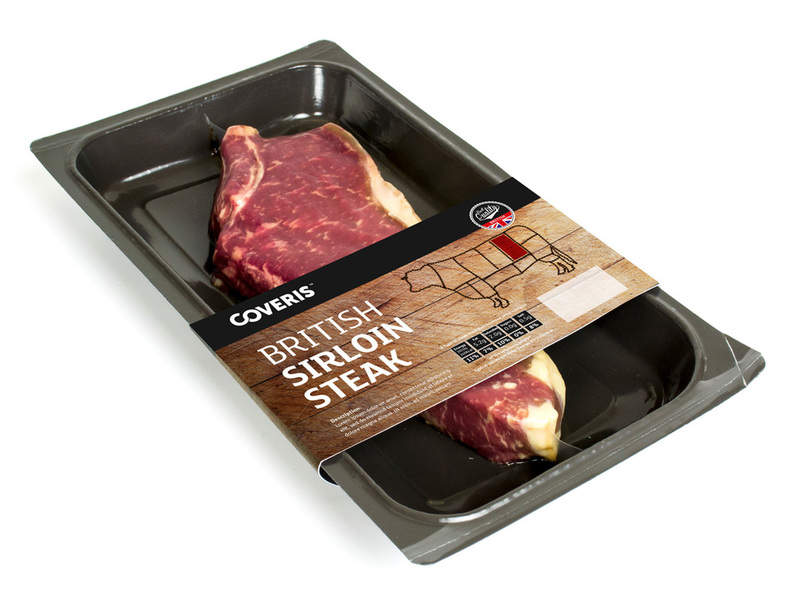
Coveris has announced plans to invest at its linerless labels facility located in Spalding, UK, in a bid to increase manufacturing capacity.
With the £1m investment, the capacity at the facility is set to increase by more than 20% to cater to the growing demand for the sustainable pack format.
Coveris, which produces more than one billion labels annually, plans to install new coating systems and perform upgrades to existing machine infrastructure in a bid to increase downstream production capacity.
The work is expected to be completed by January next year.
Coveris Linerless Sales director Craig Bevan said: “Given the continued growth of linerless in the UK protein sector and the increased demand from other food categories and geographical markets, we are very pleased to welcome further investment in capacity which will allow us to better meet the needs of new and existing customers.
“Additional technical capabilities also mean that we will be able to offer more functional and decorative solutions such as shaped labels and apertures to deliver improved shelf-impact across a variety of FMCG categories.”
Sustainable packaging format provides a lightweight, wraparound solution that offers a 40% weight saving, zero waste and full recyclability.
In the existing climate of the UK packaging industry, demand for such formats has increased, the company said.
Coveris’ latest investment comes following the recent launch of its Pack Positive sustainability strategy, which targets packaging recyclability and waste reduction.
The company’s linerless growth model works to eliminate unnecessary weight and waste through smarter packaging and supports the transition from less sustainable formats such as sleeves.



